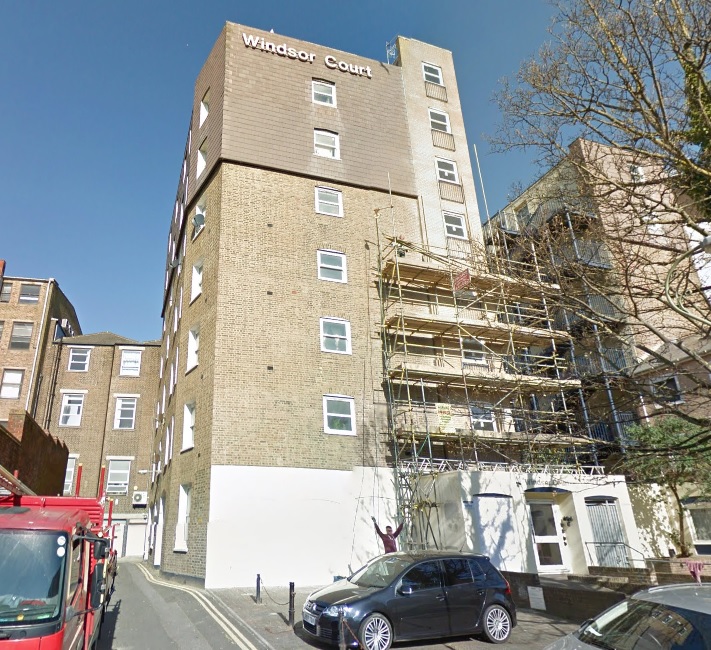
Fewer tenants are being evicted from emergency and temporary homes in Brighton and Hove even though more people have been housed in this way.
And concerns that tenants were suffering revenge evictions – losing their home for making a complaint – were unjustified, councillors were told.
Almost a thousand placements were made in the year to the end of March, with the figure up from 939 to 996.
But the number of evictions from emergency and temporary properties funded by Brighton and Hove City Council fell to 33 last year from 50 in 2016-17.
While no revenge evictions were recorded, the council’s Housing and New Homes Committee set out some of the reasons that evictions did happen.
These included
- Threatening behaviour, aggressive, armed police called to the scene.
- Damages to the property, had a dog, bullied other tenants, abusive to the caretaker and staff at the office and refused to move out.
- Urinated from the top floor down to the court yard, drunk all the time and very disruptive.
- Harassment and bullying against another tenant, police called over five times, was arrested.
- Known drug dealer, always allowed his dog into his room and the building and had parties, disturbing other residents, police called.
Councillor David Gibson, who speaks on housing for the Greens, praised those living in emergency and temporary accommodation for their courage in raising important concerns.
His fellow Green councillor Tom Druitt expressed concern that some residents had felt that they were the victims of revenge evictions but that other reasons were recorded.
A report to councillors said that all 33 evictions in the past year were the result of people breaching their tenancy agreements.
The committee was told that the council now employed two welfare officers for this vulnerable group of residents and that conditions were improving.
Earlier councillors were told that the net cost of short-term temporary accommodation had risen from £516,000 in 2013-14 to £2.77 million in 2017-18.








£2.77 million in 2017-18 spent without any contracts, quality assurance or protection for neighbouring communities from the fallout of “temporary, emergency” accommodation. Clare Moonan has just managed to secure £500K for rough sleeping yet almost £3 million is spent on TEMPORARY “emergency” accommodation.
BHCC does not even define temporary – can be months or years at exorbitant nightly rates paid by us, the taxpayer. The troublingly cosy relationships between BHCC and the very special private landlords who sell this substandard accommodation underpins a racket than needs to be exposed for what it is. This model is indefensible on every count and BHCC just turns a blind eye. The excess numbers of deaths of relatively young people in these revolting places should be investigated. The profligate waste of taxpayers’ money, without any contracts, should be investigated. The more you look, the more you find and the worse it smells.